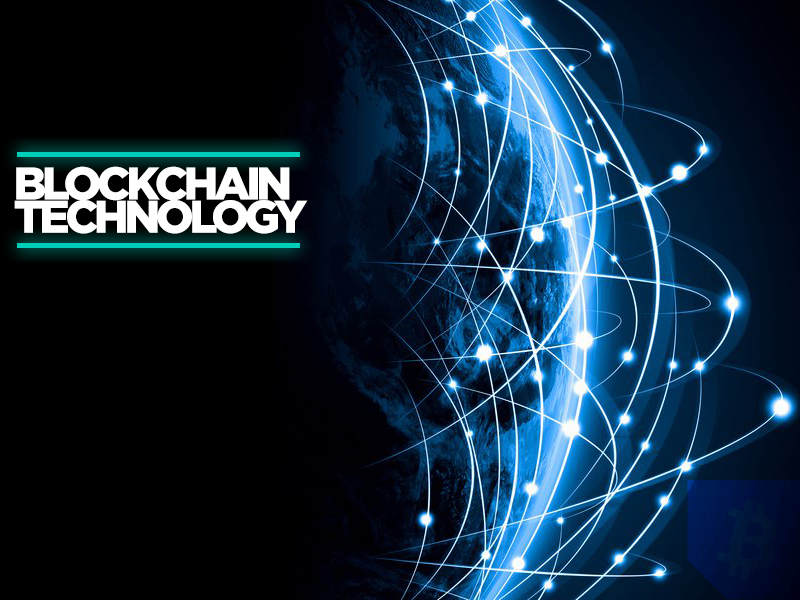In the Asian continent, the positions regarding blockchain technology and cryptography have been particularly strong. From permissive official positions like those of Japan, Thailand or Singapore, to the most restrictive positions like those of China or South Korea, cryptography has found much to impact. However, everything seems to indicate that for blockchain technology things can flourish better in general, since even South Korea begins to show signs of greater openness.
This new opening position is already something official, and could be known through the local media Yonhap News, in which it was stated that the South Korean government will allocate four billion Korean won (the equivalent of $ 3,500,000 ) to develop what he called a “virtual power plant” based on blockchain technology.
The virtual power plant (VPP) to be developed will be a decentralized network based on the cloud of renewable energy generation units, such as wind farms and solar panel parks, which will operate as a single power plant using the idle energy of multiple distributed energy sources.
The authorities of the city of Busan, the second most important city of South Korea, proposed the interesting project. But it is not just a public initiative, but companies like Nuri Telecom, Busan City Gas, the Industrial Complex Corporation of Korea and the National University of Pusan will also be part of this project.
The project is designed to make, on the one hand, an intelligent and economically viable use, while ecologically focused on the use of renewable natural energy, implementing blockchain technology, and taking advantage of the characteristics of this technology to involve individuals in a decentralized manner , because each energy trader can see data and improve the forecast and trade of renewable energy.
This virtual energy plant seeks to reduce the demand for energy consumption during peak hours and redistribute it to areas of greatest need, which can also reduce dependence on traditional energy sources and at the same time minimize the negative ecological impact.
On the other hand, the project could be the springboard for the city of Busan to position itself as the center of the block chain of South Korea, in clear competition with the capital Seoul.
As for the area of the renewable energy project, in South Korea it is already clear that the future of the energy industry will be developed along with three significant trends, and these are namely, digitization, decarbonization and decentralization, the latter aspect in the one that the blockchain technology makes possible.
The adoption policy of the blockchain technology is part of the daily life of South Korea. It is not only about the renewable energy project outlined here, but also that the government agencies of South Korea are beginning to implement solutions based on blockchain technology in areas such as hospitals, meat supply chains and other food supplies, and even the satellite industry.
South Korea with these initiatives joins its Asian neighbors in the trend of adoption of blockchain technology at the level of massive solutions.











